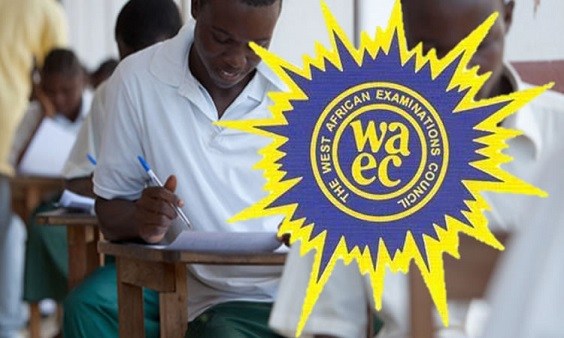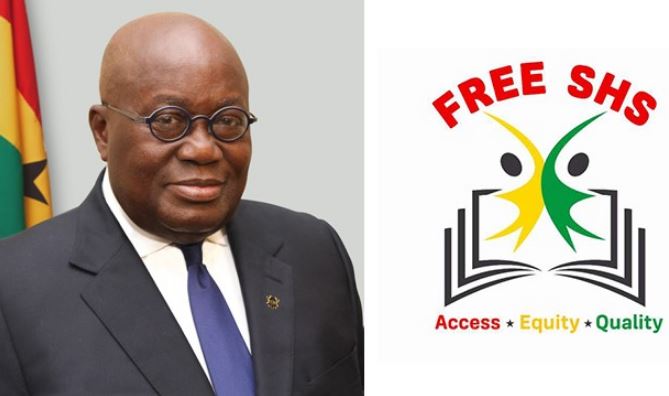The provisional results of the candidates who sat for the WASSCE 2020 and also double as the first batch of the free SHS policy are already out and the West African Examination Council reports that, this year’s results outshine that of 2019.
According to the statistics released by the council, a total of 375,763 candidates from 976 schools entered for the examination. Among whom 48.96% made grades A1 to C6 in English Language, 65.31% made grades A1 to C6 in Mathematics and 63.71% as well as 75.43% made passes in Integrated Science and Social Studies respectively.

Almost immediately, there is the temptation for these results to find mention in the campaign messages of the two major political parties in Ghana regards whether or not the free SHS policy has been successful.
The free SHS policy was launched under the broad themes of Access, Equity and Quality in 2017. However, it has been faced with major setbacks including availability of adequate educational infrastructure, challenges in the second cycle placement of BECE candidates and inadequate funding capacity.
Many experts have expressed sentiments over the government trading-off quality for equity while others have persistently advocated that the programme is streamlined to only capture the poor.
Challenging the funding of costly programmes, Economist, Thomas Sowell advanced that, governments should not pursue certain policies due to the cost involved, hence before they do, they must weigh the costs first.

“Weighing benefits against costs is the way most people make decisions and the way most businesses make decisions, if they want to stay in business. Only in government is any benefit, however small, considered to be worth any cost, however, large.”- Thomas Sowell, Economist
Regardless of some very controversial assumptions that Sowell held with this view, especially regards access to education that, “higher education is a kind of commodity that not everyone is entitled to”. An assumption which obviously deepens inequality and ignores people’s well-being.
By and large, it is important to weigh the costs and benefits of the free SHS policy, and this must be done taking into the consideration the time span for the running of the policy. Therefore, it is only ideal to weigh the benefits of this educational policy over the long term. This puts into perspective the prematurity in scoring the free SHS policy as successful.
Besides, the goals of educating a country’s people are the twin outcomes of increased future employability and earnings. Where this is hardly achieved, then the policy has failed. It is bad politics to make education free when these graduates obtain higher education and then join a large pool of unemployed graduates.
Hence, the fact that the results of the first batch of beneficiaries of the free SHS policy is better than the previous year does not guarantee that its current implementation processes be continued as they are. There is a need for review of the implementation of the policy.
Against this backdrop, the Conference of Heads of Assisted High Schools (CHASS) have recently called for the review of the Senior High School policy, noting that, “the programme is responsible for many abandoned projects and support for schools.”



















